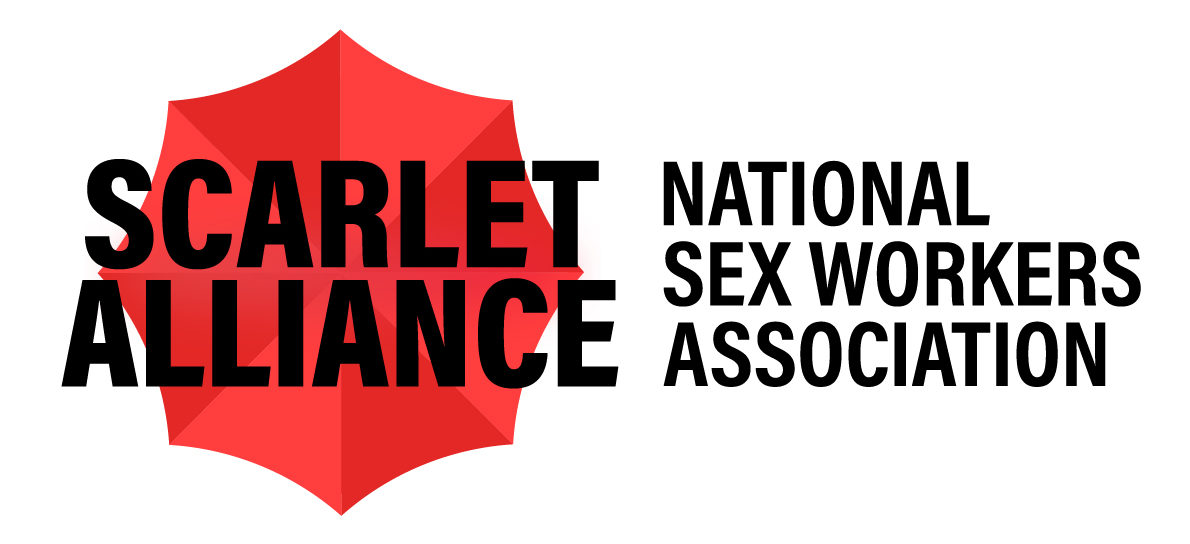This post is also available in:
![]() English (英语)
English (英语) ![]() ไทย (泰语)
ไทย (泰语) ![]() 한국어 (韩语)
한국어 (韩语)
There has been a high level of misinformation and hysteria about people living with HIV doing sex work. Other sex workers may fear that sex workers living with HIV will transmit the virus to their clients, who in turn will transmit the virus to them. When safer sex practices are implemented the risk of acquiring HIV from a person living with HIV is low. Sex workers have no way of knowing about the health status of their clients, so have practiced safer sex at a high level, resulting in very low rates of HIV among sex workers. Conversely, clients have no way of knowing the current health status of sex workers even in states and territories with mandatory testing, due to the window period of HIV. The utilisation of safer sex practices almost eliminates the potential of transmitting HIV from a sex worker living with HIV.
Sex workers in Australia demonstrate high levels of skill in relation to safer sex, and are capable of protecting their sexual health. Condoms and lube, when used correctly, are very effective, and sex workers, sex workers living with HIV included, are very adept at condom use.
The law regarding HIV and sex work varies greatly across the states and territories and is in some cases out of touch with normal practices regarding HIV and sexual behaviour.
Discrimination against people with HIV still occurs in Australia. Be aware of your rights and responsibilities as a sex worker living with HIV. Sex worker organisations can provide legal information.
Other sex workers and staff of sex worker organisations can assist sex workers living with HIV by recognising that many people with HIV already feel the stigma of this; so taking steps to be inclusive and sensitive goes a long way when working with people with HIV (either clients or co-workers).
